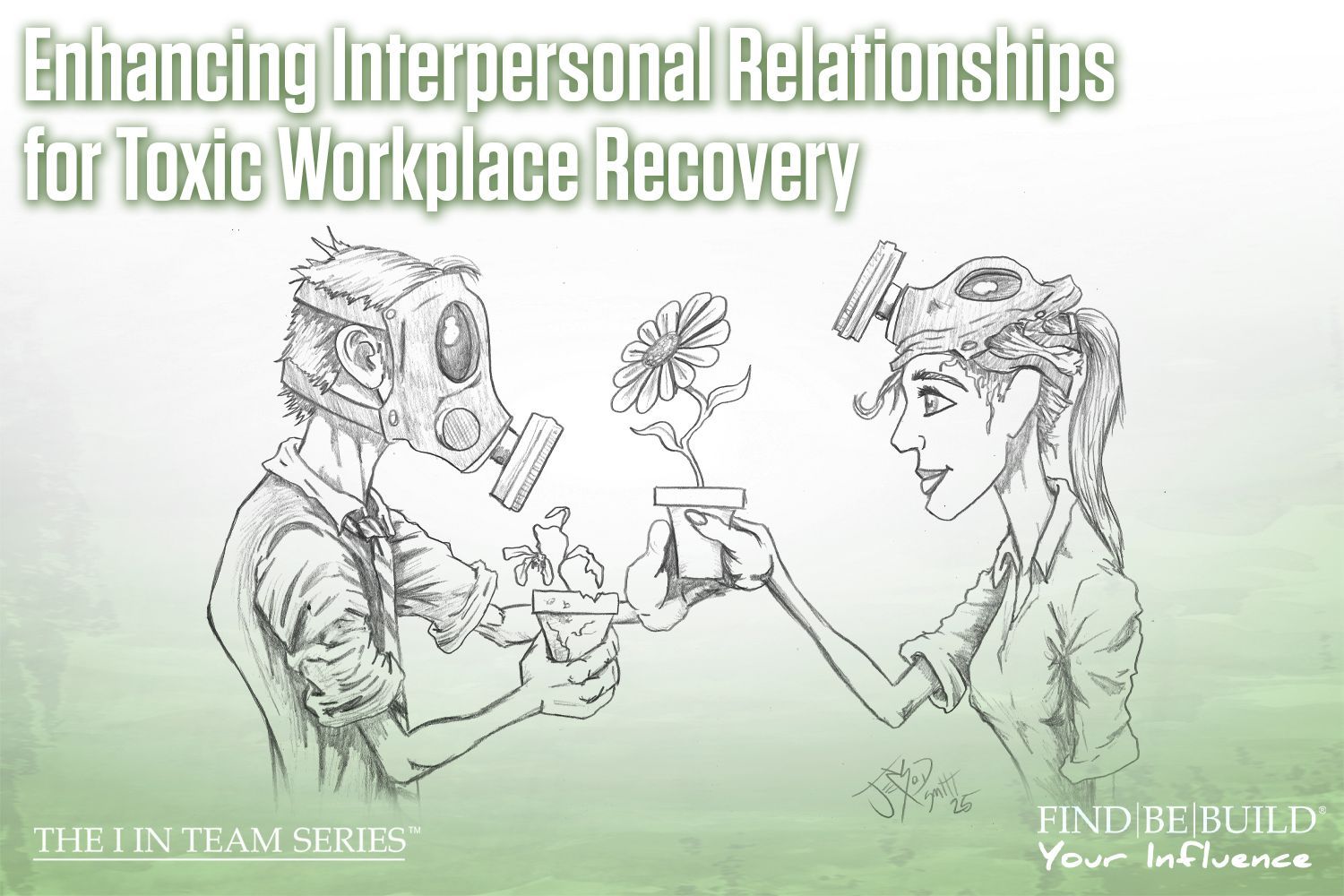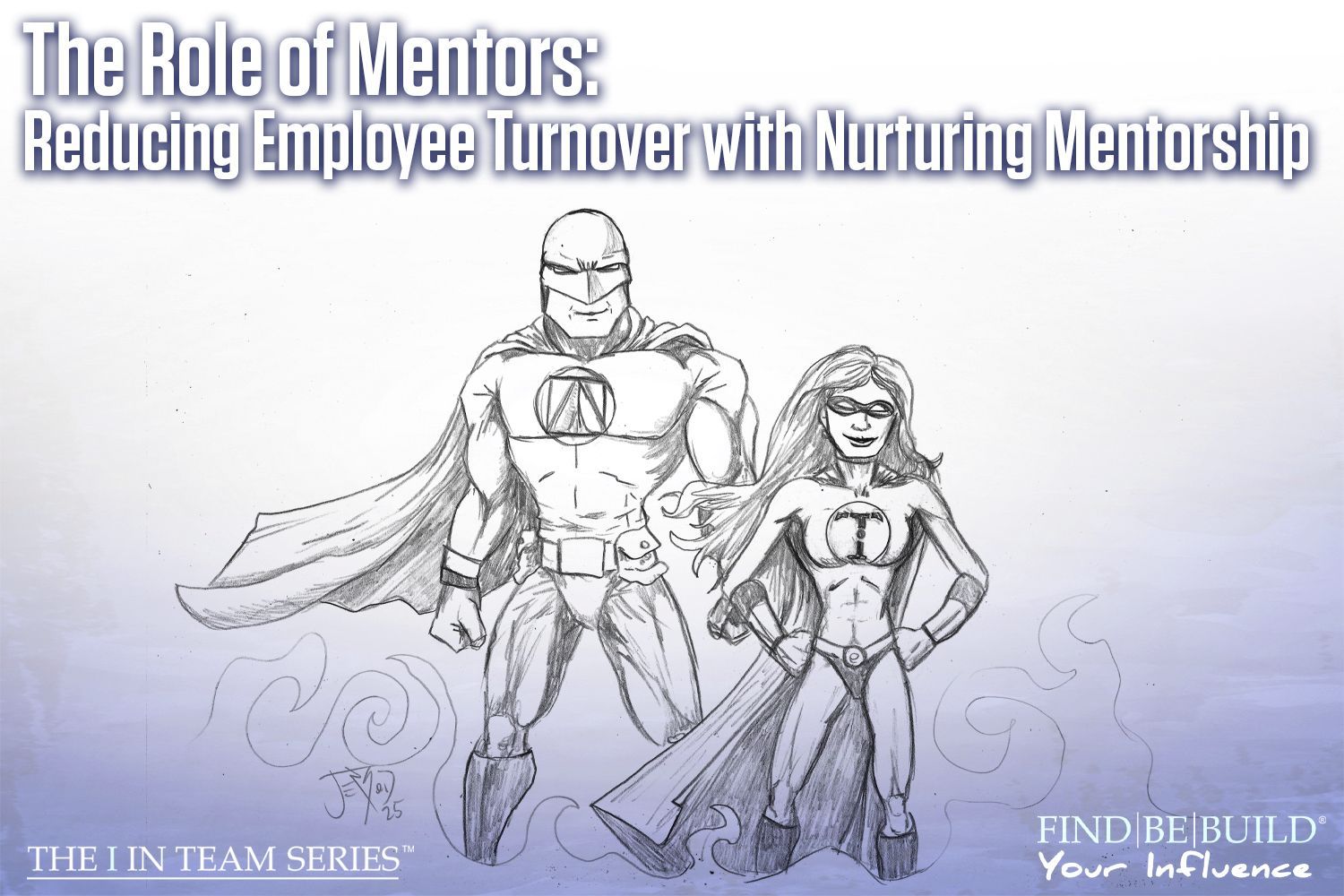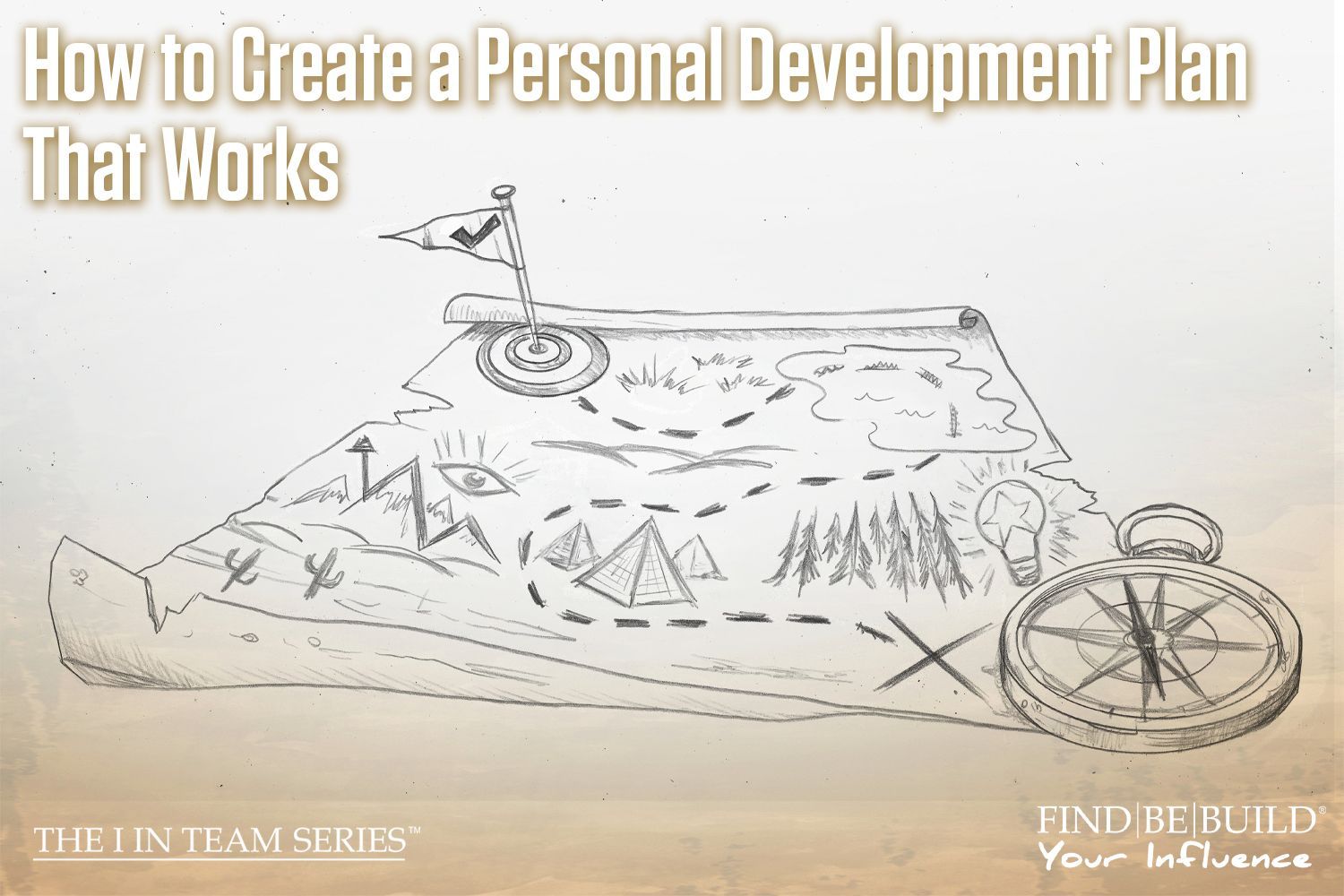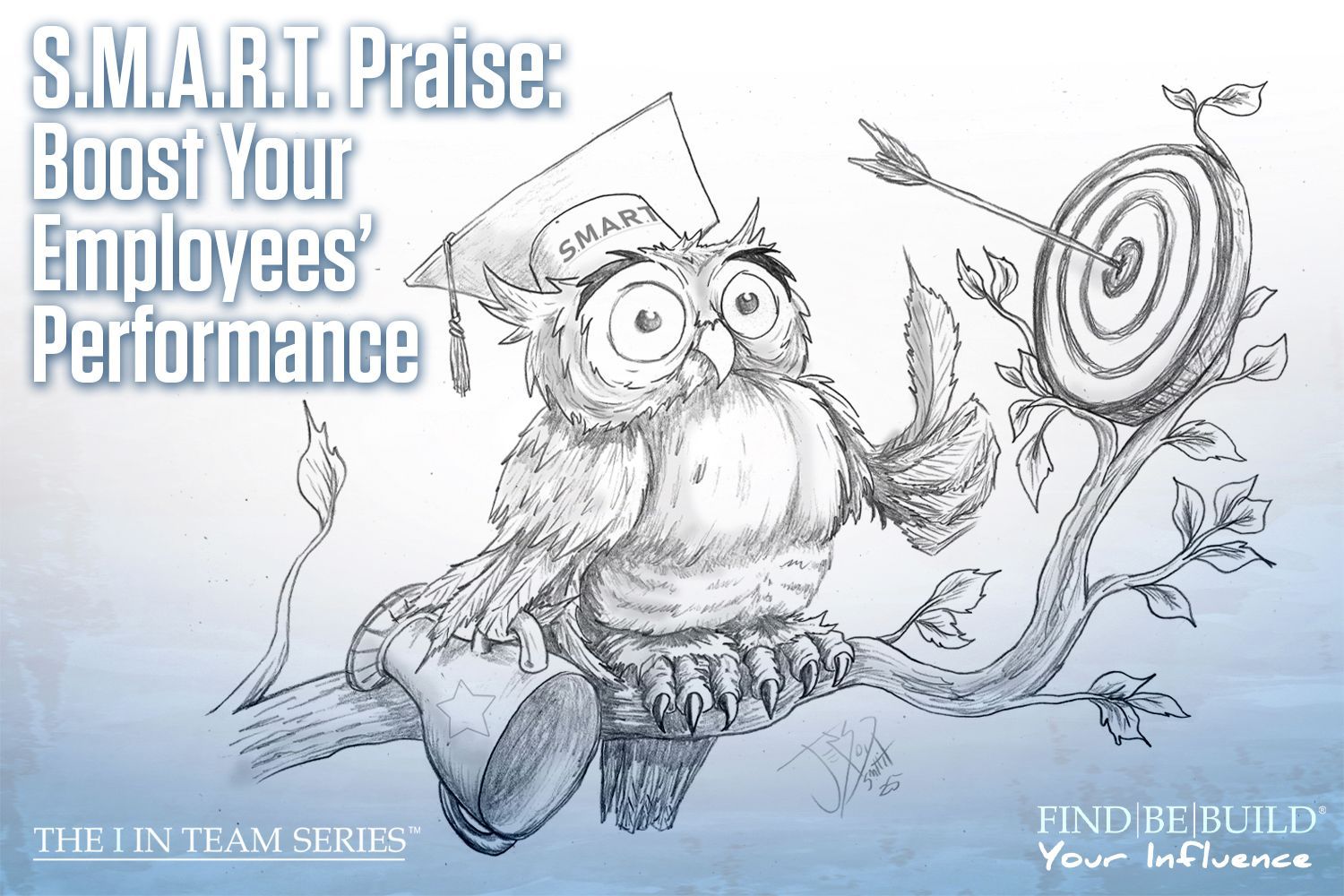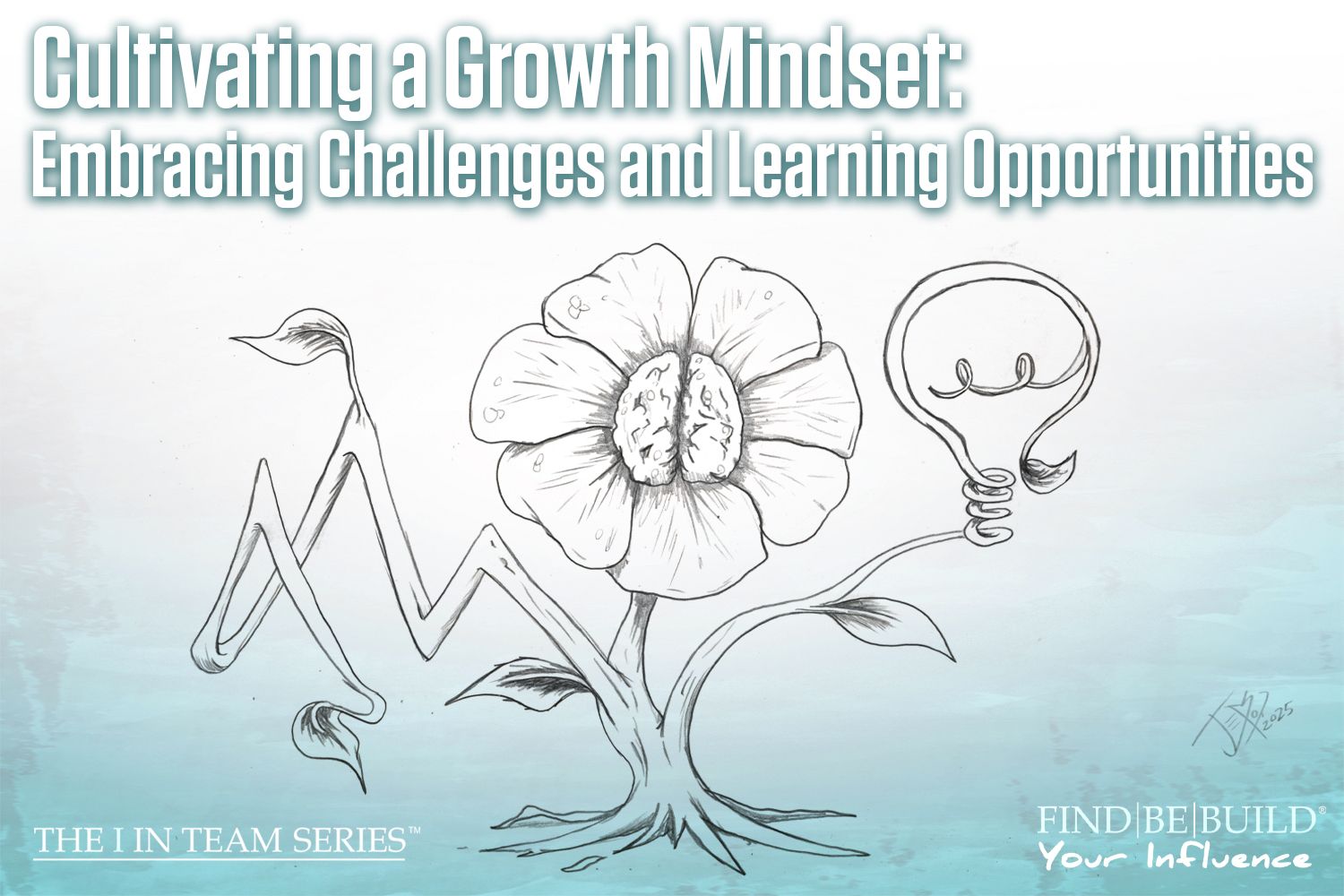10 Steps for Achieving Goals During COVID-19
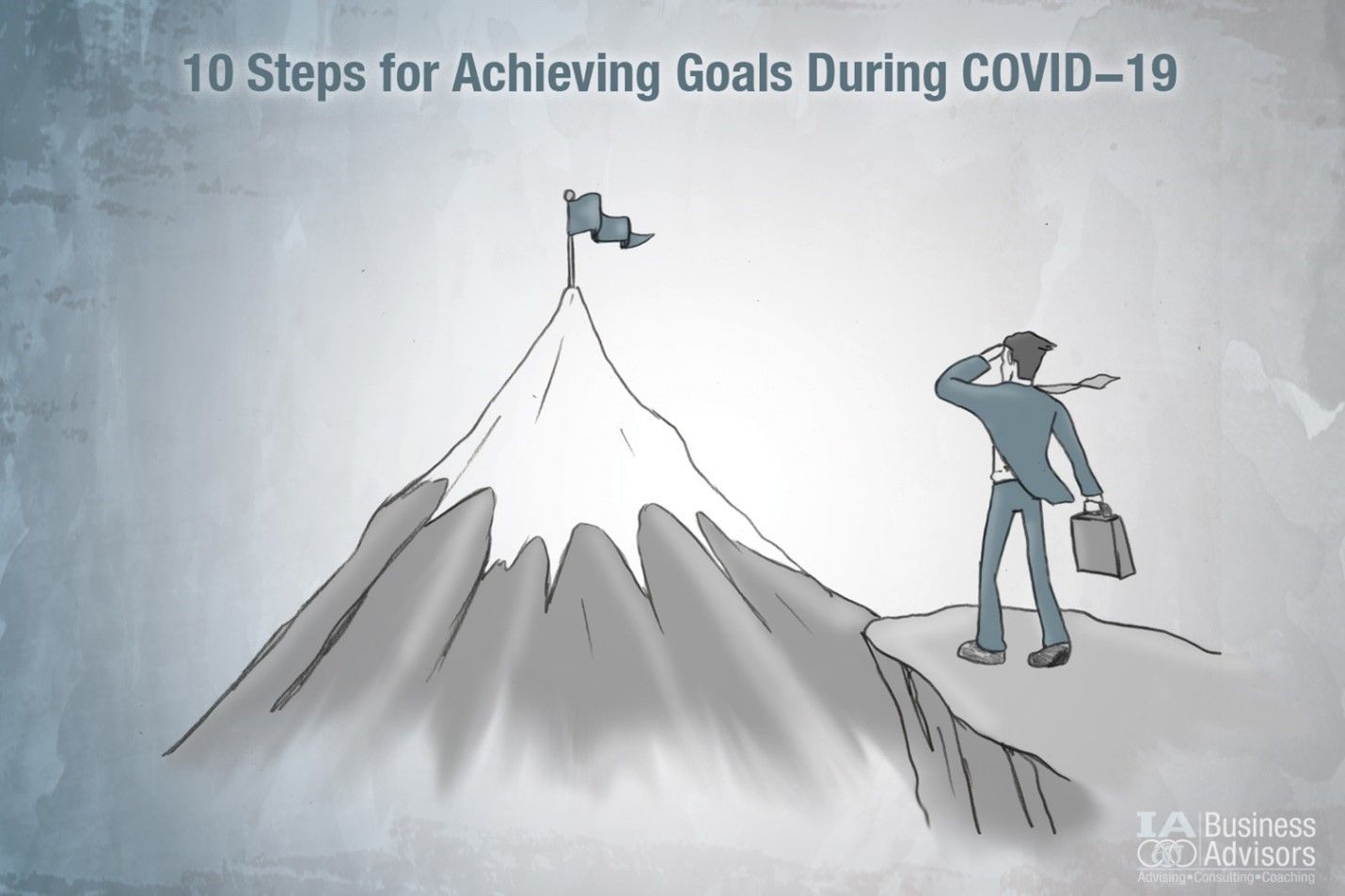
Business consulting strategies
10 Steps for Achieving Goals During COVID-19
Setting and committing to personal and professional goals takes a lot of time, thought, and planning. It’s not typically something that is done on a whim or very easily. Deciding what your goals are, or what your company’s goals are, is a process. It can be difficult to stick to goals or set new goals amidst a pandemic due to the uncertainty. However, it is vital to your health and your company’s health to set new goals and see old goals through to the end. The IA Business Advisors team put together these steps to help you continue pursuing your goals.
Step 1: Take Care of Yourself
Make sure you are taking care of yourself. Whether you are stuck at home or considered essential, it’s important to be mindful of your current state and wellbeing. You cannot be your best self if you aren’t taking care of yourself. Ensure you are getting adequate amounts of sleep by setting alarms for bedtime and waking up. Going to bed and waking up at consistent times will ensure you receive the proper rest to support your psychological and physiological needs. When you have enough sleep, you have an increased ability to stay focused.
Schedule your meals in advance to ensure you are eating enough, but not too much, and that you are eating the best foods you can. Scheduling your meal plans in advance helps curb the boredom walks to the fridge. It also reduces the amount of anxiety in a day by allowing you to see exactly what your day is going to look like. In the midst of uncertainty, having a schedule can help us feel more stable.
Be mindful of scheduling time to be social. Facetime a friend, call a family member, or take your dog for a walk. Don’t isolate yourself from the world just because you have to be at home. Taking care of your full psychological and physiological health during this time is imperative to reaching your current and future goals. A lack of balance in your life will jeopardize your ability to stay on track.
Step 2: Understand the Costs
When setting new goals or evaluating old ones you need to determine and understand the different time, financial, and emotional costs associated with reaching each specific goal. How does that goal provide value to you?
Step 3: Double Dip
Use your goals to combine something you want with something you need. Commingling your wants and needs can help move you closer to your goals and help keep you motivated towards reaching them.
Step 4: Weigh Your Options
Make sure to weigh your options before committing to moving forward. Risk assessment can be as simple as asking yourself or others simple questions until you come to an objective conclusion. Some questions you can ask are:
1) Am I being objective? (Or, is my team being objective?)
2) How will these goals help me become a better human?
3) Are my goals S.M.A.R.T.? (Are they specific, measurable, attainable, realistic, and timely?)
4) Am I mentally ready to commit?
Step 5: Affirmations
Be sure to notate how you will benefit from each step of your goal and how each step adds value to your goal. Understanding the influence your goal will have on you and the steps it takes to reach that goal is imperative for success. If you aren’t committed and motivated to the goal by understanding how it will benefit you, you will likely abandon the goal.
Create visual reminders of these affirmations as sticky notes, notes cards, or digital reminders. You can place these on mirrors, desks, walls, nightstands, or anywhere you will be able to see them daily. These affirmations will help keep you positive and committed to your goals, as well as reminding you why you started them in the first place.
Step 6: Designate Goal Days
Pick a specific day (or days) that you will commit to working on your goal. It doesn’t have to be the entire day, it could be Mondays from 5:00 – 6:00 pm, or every Saturday for three hours. If you set specifics around the times you will work to meet your goals, you are more likely to stick to them.
Step 7: Overcoming Temptations
You need to understand the temptations that can derail you from meeting your goals. Temptations can make us abandon goals completely, so understanding what makes us tick will help us combat this issue. We all have temptations, and these temptations are usually repetitive behaviors that have challenged us in the past. This will require us to be honest with ourselves as we reflect on our past. By understanding what tempts you, negatively, you can anticipate your ability to get in your own way. Hide any physical temptations out of reach. If there are people or immobile temptations that challenge you, make them difficult to access or as scarce as possible.
Step 8: Outsourced Accountability
Ask your friends, family, or peers to help you stay on track for your goals. Their positive influence and kind nudges could be what keeps you on track. If you have obvious temptations, be honest about those with your outsourced accountability team. Try to find someone who has self-discipline to help you. Ask these people to share with you how they overcame their own unique temptations and how they stay self-motivated.
Step 9: Willpower
Do you find your tank of willpower running out? Drink a favorite drink to increase your willpower! Remember step 1? Taking care of your psychological and physiological needs can help maintain or increase your willpower. Lower glucose levels have been shown to cause a decrease in willpower (energy). We recommend hot water, lemon, and honey or agave (or another sweetener of your choice).
Step 10: Learn to Live with Exceptions
Adapting goals you set at the beginning of the year to fit our current situation may be challenging, but we urge you to find the positive side. If your goal was to workout more, your gym might be closed, but there are tons of apps, videos, and online classes that can keep you safe in your home while reaching your goals. You must adapt your goals to living with change and exceptions rather than abandoning them completely.
Conclusion
We are all in this together. We are all adjusting, but that doesn’t mean we should give up on ourselves and our goals. Now is the perfect time to focus on ourselves, adjust our strategies, and come out of this pandemic as better humans. Planning for your future, taking care of yourself, and working to be better will all help contribute to your psychological wellbeing. If you need any help or guidance, IA Business Advisors are here to help you. Just send us an email: support@iabusinessadvisors.com

